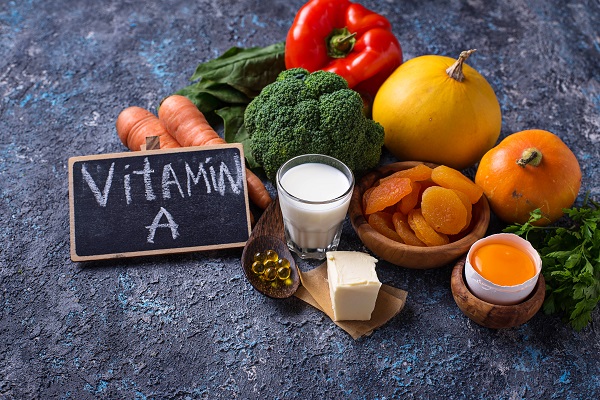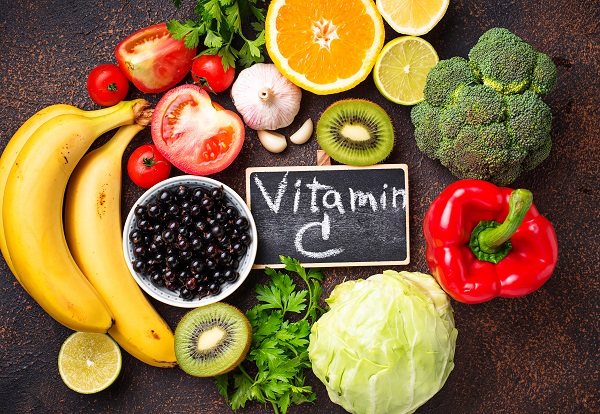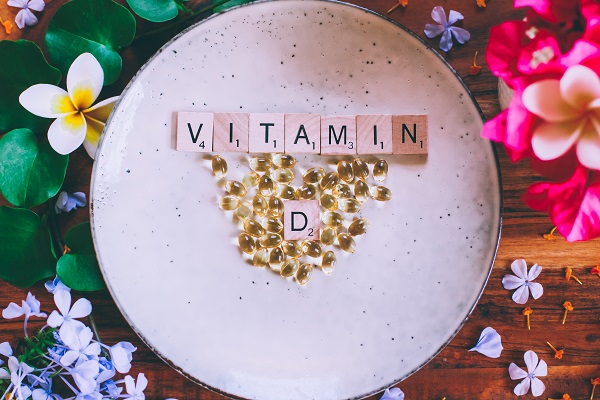Why are there so many different types of vitamins on the market? If a person is healthy and eats a balanced diet, doesn’t it make sense that they would only need one kind of vitamin? The answer to this question is yes. But with all the new research coming out about various vitamins and their effects, there is now more knowledge than ever about the benefits of taking different vitamins. As a result, there are many essential vitamins that you should take every day to improve your health. Some of these vitamins are well-known, while others are not as well-known. But all of them are important for different reasons. Here is a list of some of the most important vitamins to take daily:
Vitamin A
Vitamin A is an essential nutrient that helps maintain healthy skin and vision. It also plays a role in cell growth, immune function, and bone health. The body creates vitamin A from beta-carotene found in fruits and vegetables, or it can be obtained through dietary sources like cod liver oil or liver. Vitamin A deficiencies are rare because most people get enough of this important vitamin from their diet. Still, it does happen to some people who consume too much alcohol or have malabsorption disorders such as Crohn’s Disease or cystic fibrosis. In these cases, taking high doses of Vitamin A will help stop the deficiency progression before severe damage occurs to your organs and tissues.
Vitamin B12
Vitamin B12 is a water-soluble vitamin found in animal-based foods like meat, poultry, fish, eggs, and dairy products. It is vital for DNA synthesis, red blood cells, and nerve function. Therefore, vegans and vegetarians are at risk for vitamin B12 deficiencies due to not consuming animal-based products. That’s why it’s crucial for these people to consume fortified foods or take a vitamin B12 supplement. Vitamin B12 deficiencies can cause anemia, nerve damage, and cognitive problems if left untreated.
Vitamin C
Vitamin C is a water-soluble vitamin that is essential for the body to make collagen, which is necessary for healthy skin, teeth, bones, and blood vessels. Vitamin C is also a powerful antioxidant that helps protect cells from damage. You can get vitamin C from many different fruits and vegetables, but the best sources are citrus fruits like oranges and grapefruits. Most people get enough vitamin C from their diet, but those who smoke, drink alcohol, or have a poor diet may be at risk for deficiency. Symptoms of deficiency include fatigue, joint pain, muscle weakness, and bruising easily.
Vitamin D
Vitamin D is a fat-soluble vitamin essential for the absorption of calcium and phosphorus from the gut and for maintaining adequate blood levels of these minerals. Vitamin D is also important for bone health. Milk, orange juice, and some breakfast cereals are good sources of vitamin D, but many people don’t get enough vitamin D from their diet. This is especially true in the winter months when there isn’t much sunlight. Vitamin D deficiencies can cause bone pain and weakness, increasing the risk of fractures.
Vitamin E
Vitamin E is another fat-soluble vitamin that is important for the health of your skin, eyes, and immune system. It also helps to protect your cells from damage caused by free radicals. Dietary sources of vitamin E include nuts, seeds, vegetable oils, and wheat germ. However, people who consume excess amounts of alcohol or have diseases that affect their ability to absorb nutrients from food are often deficient in this vitamin. Deficiency symptoms include dry skin, vision problems, and an impaired immune system.
Vitamin K
Vitamin K is a fat-soluble vitamin important for blood clotting and healthy bones. It is also a vital component in forming proteins that are necessary for cell growth and division. The best sources of this vitamin are leafy green vegetables, cruciferous vegetables like broccoli, and legumes. Most people get enough of this essential vitamin from their diet. Still, those who take anticoagulant medications or have a medical condition that interferes with blood clotting may need to supplement their diet with this nutrient.
Conclusion
Most of the time, people with vitamin deficiencies are not eating a well-balanced diet. It is vital to take in all these vitamins every day, so your body can stay healthy! If you are experiencing any of the deficiency symptoms included in this article, be sure to bring them up with your doctor. They will be able to run tests and see if you are deficient in any of these essential nutrients. If you are, they can give you recommendations on how you can start receiving the proper amount!








